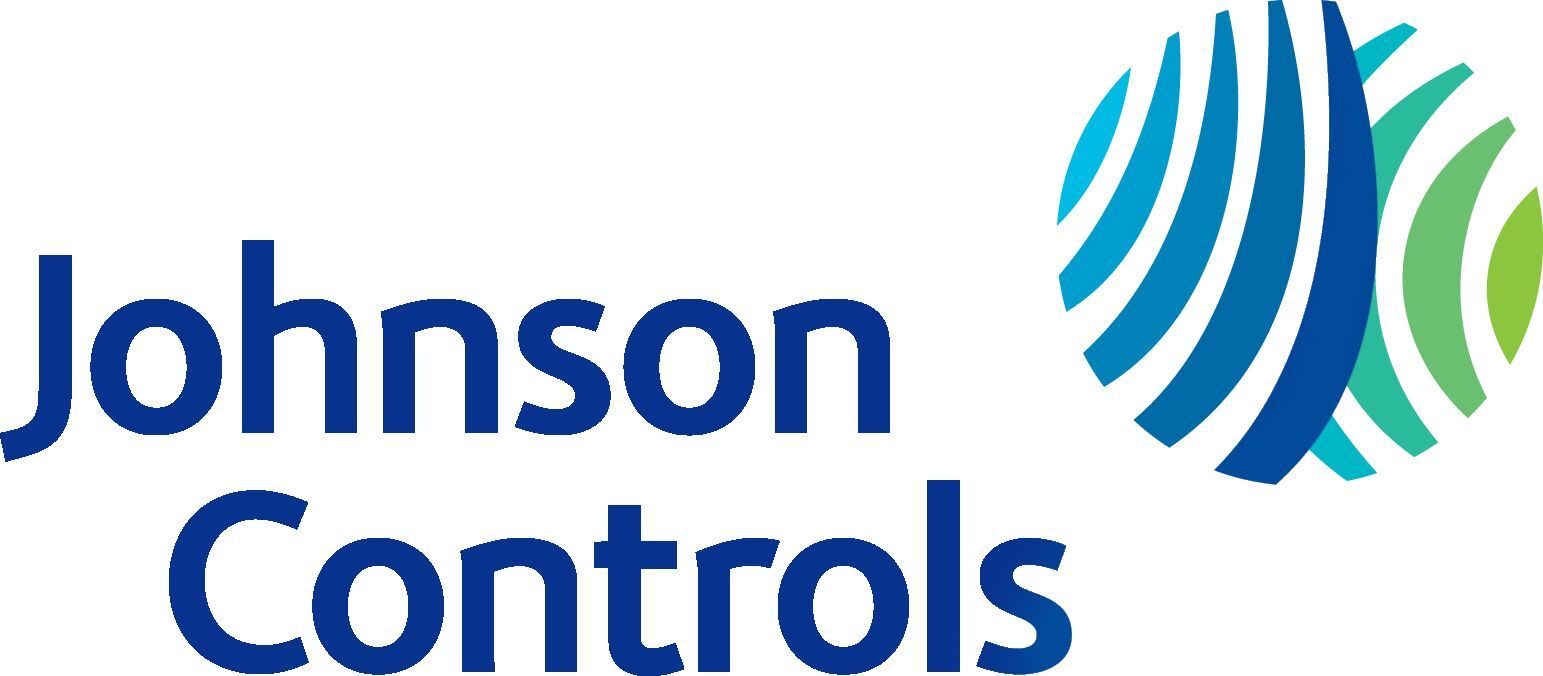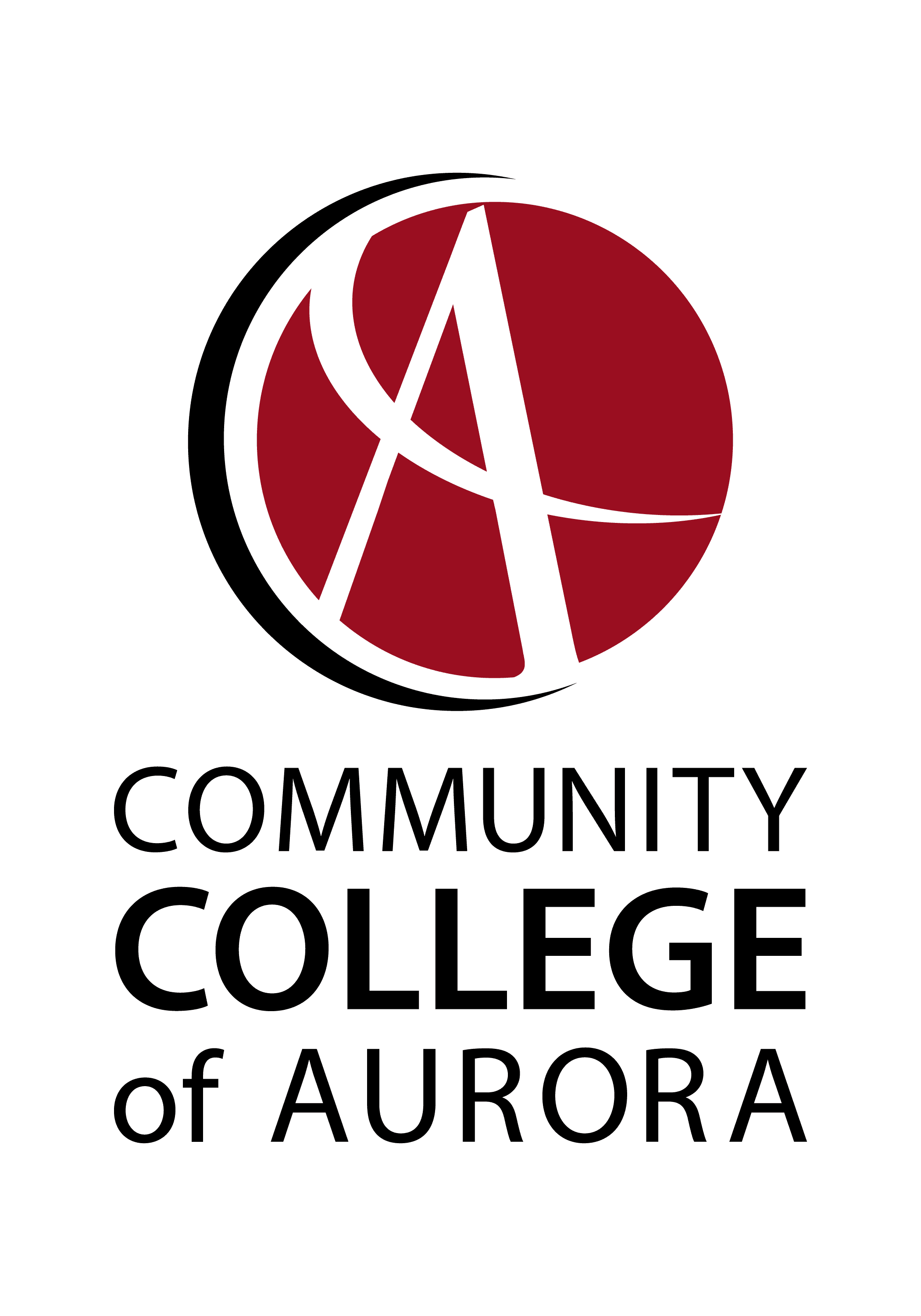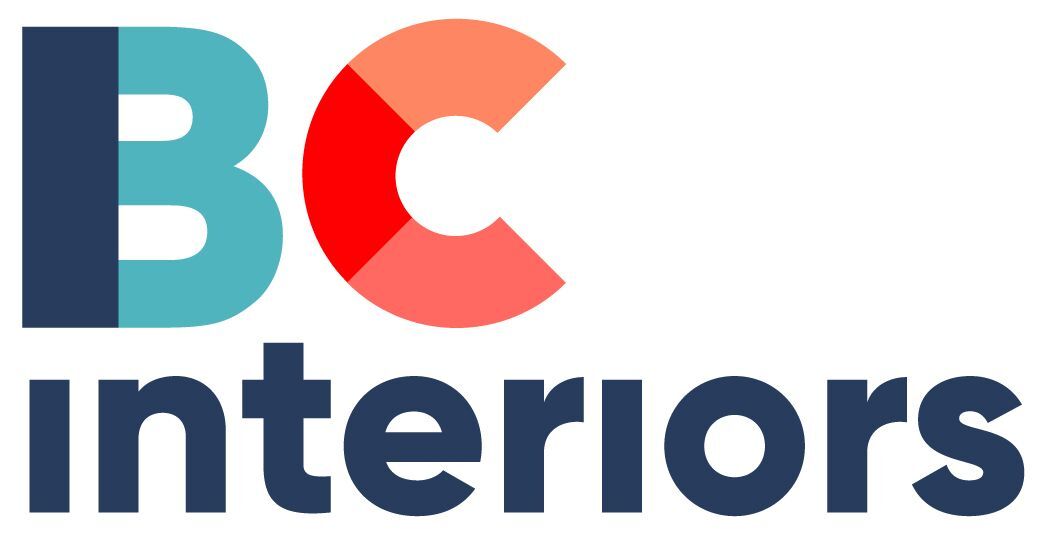Transition students kick off new electronics recycling program at Overland High
It was easy to lose a solid sense of place in this former shop classroom at Overland High School.
A small group of students set up at tables and steering industrial-sized dollies worked with a visible sense of urgency and focus. Armed with power tools and wire cutters, they gathered around work stations cluttered with motherboards and palettes loaded with computer towers. They wore plastic safety goggles and industrial-strength work gloves; they ripped apart plastic casing and dismantled metal braces. The room carried the no-nonsense mood of serious industry; the space felt more like a professional factory than a high school classroom.
Mere weeks after its launch, the Cherry Creek School District Transition Program's new electronic recycling initiative was having its intended effect.
"We were looking for another opportunity for kids to learn a skill that would help their employability," said Judy Paukovich, an employment specialist with the Transition Program. "We've tried to make this setting like what kids will find when they go in to a job site."
That mission is at the heart of the district's Transition Program, a department geared specifically toward Cherry Creek School District students with special education needs aged 18 to 21. Overall, the program hosts more than 100 students who have completed their high school core classes. The range of programs includes consultation, vocational school assistance, work assistance and life skills and work experience services with support from para-educators.
The electronic recycling program has already filled a specific niche in that broad spectrum of services. Working with the Colorado Springs-based Blue Star Recyclers, Paukovich and her colleagues set up a training service catered to an increasingly marketable skill. Following state legislation that prohibits the disposal of electronic waste in landfills, dismantling and recycling the kind of components found in old computers is set to become a booming industry.
That's where the five students who've gathered at Overland for the past several months come in. The group meets at the former jewelry-making classroom at Overland to strip down old Cherry Creek computers that have outlived their usefulness. It's a complex job, and there's no shortage of used equipment to break down.
"The goal is to make this as authentic of a setting as we can," said Amy Cleveland, an Overland teacher who works with the Transition students. "We've tried to mirror what we learned and saw at Blue Star when we trained there. We want to make this setting close to what the kids will find when they go in to a job site."
The staff still has steps to take to make that goal a reality. Eventually, they aim to equip the facility with air lines and pneumatic tools. High-ticket items like an industrial-strength hard drive shredder and a floor scale are also on the wish list, but the operation is already running with the most essential pieces of equipment, thanks in part to a $1,000 grant from the Cherry Creek Schools Foundation.
The recycling program qualified for one of the Foundation's Educator Initiative Grants, money targeted at impacting all district students, encouraging innovation in the classroom and building long-term relationships in the community. Dr. Tony Poole, executive director of the district's Special Education department, played a key role in guiding the Transition Program staff through the grant process.
"Dr. Poole stepped up and said, 'Go for it. We trust you,'" said Chris Loftis, employment specialist for the Transition Program. "The funds from the Foundation are directly benefitting the students."
That much was clear from the in-class dynamic on a recent Wednesday at Overland. Kian Phair took breaks from his work only to offer guidance to Joshua Hernandez, who was focused on dismantling a particularly stubborn computer tower. Ramon Gomez, set about his tasks from his wheelchair, and staff praised the dedication and focus of Shane Hayden and Isaiah Williams. These students, all between the ages of 19 and 20, had found a workplace rhythm that depended on cooperation and teamwork.
Staff said those kinds of skills would be of great benefit down the road.
"There's this job, and then there are all the other jobs that can come with it," Cleveland said. "Going to the warehouse and putting these goods on palettes – that's a whole job at Blue Star. Community outreach, going out to the elementary and middle schools, talking to clubs and classes about electronics – that's a job. Down the road, there are more and more opportunities that can open up for these students."










































